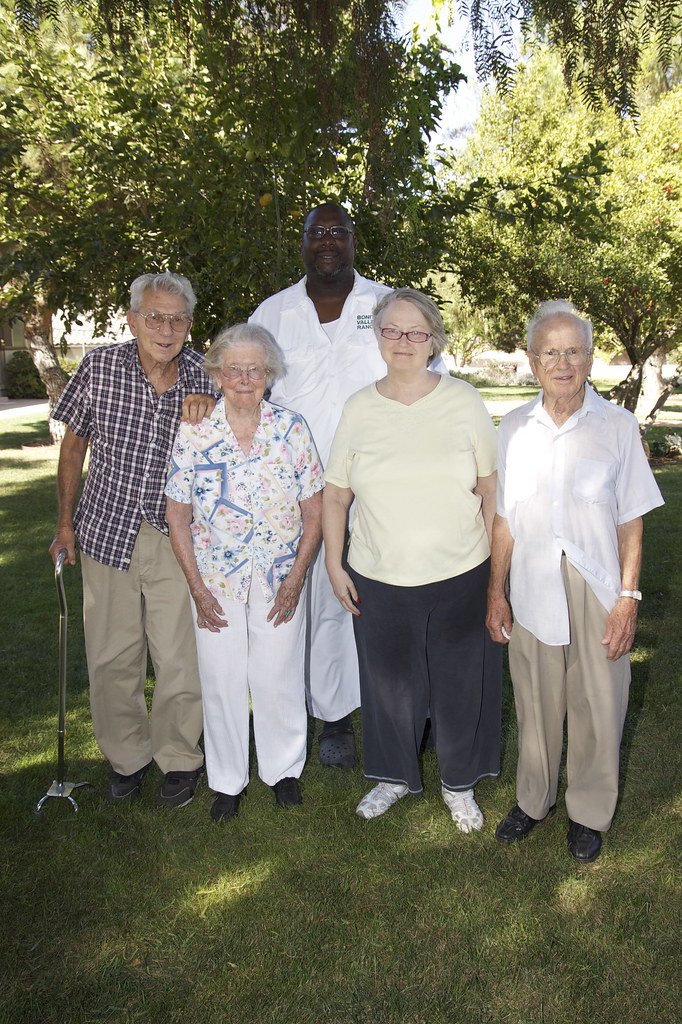 assisted living facilities
assisted living facilities
As individuals age, many couples face the prospect of transitioning to senior living communities for various reasons, such as access to amenities, social engagement, and healthcare support. However, a significant consideration for these couples is whether they can continue living together in independent living facilities. This topic has garnered attention recently as more older adults seek alternative housing options, prompting discussions about the importance of maintaining spousal relationships and shared living arrangements in later life.
Understanding the Facets
Independent living facilities vary in their policies regarding co-habitation for couples. While some communities explicitly welcome and accommodate couples, others may have restrictions based on factors such as health needs or occupancy limits. Key aspects to consider include:
- Community Policies: Each independent living facility establishes its own policies regarding co-habitation, which may include requirements for both spouses to meet certain eligibility criteria or pay additional fees for shared accommodations.
- Source: Senior Living Residences – Independent Living for Couples
- Accommodation Options: Couples may have the choice between shared apartments or individual units within the same community, depending on availability and their preferences for privacy and independence.
- Source: A Place for Mom – Independent Living Options for Couples
Challenges and Considerations
Several challenges and ethical considerations surround co-habitation for couples in independent living facilities:
- Health Disparities: Couples may face situations where one spouse requires a higher level of care than the other, raising questions about how facilities can accommodate differing care needs while maintaining the couple’s relationship.
- Source: Harvard Health Publishing – Health Disparities in Aging Couples
- Financial Considerations: Affordability can be a barrier for couples seeking shared accommodations in independent living facilities, particularly if one spouse requires specialized care that may incur additional costs.
- Source: National Council on Aging – Financial Challenges for Aging Couples
Case Studies or Real-world Applications
Case Study 1: Evergreen Senior Living Community
Evergreen Senior Living Community offers a variety of accommodation options for couples, including shared apartments and adjacent individual units. The community provides personalized care plans tailored to each spouse’s needs while fostering opportunities for socialization and shared activities.
Case Study 2: Maplewood Gardens Retirement Village
Maplewood Gardens Retirement Village faced controversy when a couple was denied shared accommodations due to the facility’s occupancy limits. This incident sparked discussions about the importance of revisiting policies to ensure that couples can remain together in their later years.
Conclusion
In conclusion, the issue of co-habitation for couples in independent living facilities underscores the complexity of aging and housing arrangements in later life. While some communities prioritize maintaining spousal relationships and shared living arrangements, challenges such as health disparities and financial considerations remain. As the landscape of senior living continues to evolve, it is essential to consider the needs and preferences of aging couples in designing inclusive and supportive housing options.
Q&A Section
- Can couples with differing care needs live together in independent living facilities?
- Some facilities may accommodate couples with differing care needs by providing personalized care plans and specialized services tailored to each spouse’s requirements. However, this may vary depending on the facility’s policies and available resources. Source
- Are there additional costs associated with shared accommodations for couples in independent living facilities?
- Depending on the facility’s policies, there may be additional fees or charges for shared accommodations, especially if one spouse requires specialized care or assistance. It’s essential to inquire about all potential costs when considering housing options. Source
- What should couples consider when exploring independent living options?
- Couples should consider factors such as accommodation options, amenities, healthcare services, affordability, and the facility’s policies regarding co-habitation. Open communication and thorough research are essential in making informed decisions that meet both spouses’ needs and preferences. Source
- How can couples advocate for their right to live together in independent living facilities?
- Couples can advocate for their right to live together by communicating their preferences and needs to facility administrators, exploring alternative housing options if necessary, and seeking support from advocacy organizations or legal professionals specializing in elder law. Source
- What resources are available to help couples navigate the transition to independent living facilities?
- Resources such as senior living advisors, social workers, and online directories can provide guidance and support in exploring independent living options for couples. Additionally, speaking with other couples who have gone through similar experiences can offer valuable insights and advice. Source
For further exploration of the topic, readers can refer to the provided sources embedded within the article. Additionally, if you or someone you know is in need of senior care, please fill out our form, and a specialist will reach out to assist you.
Need help? Let us know how we can match you.
